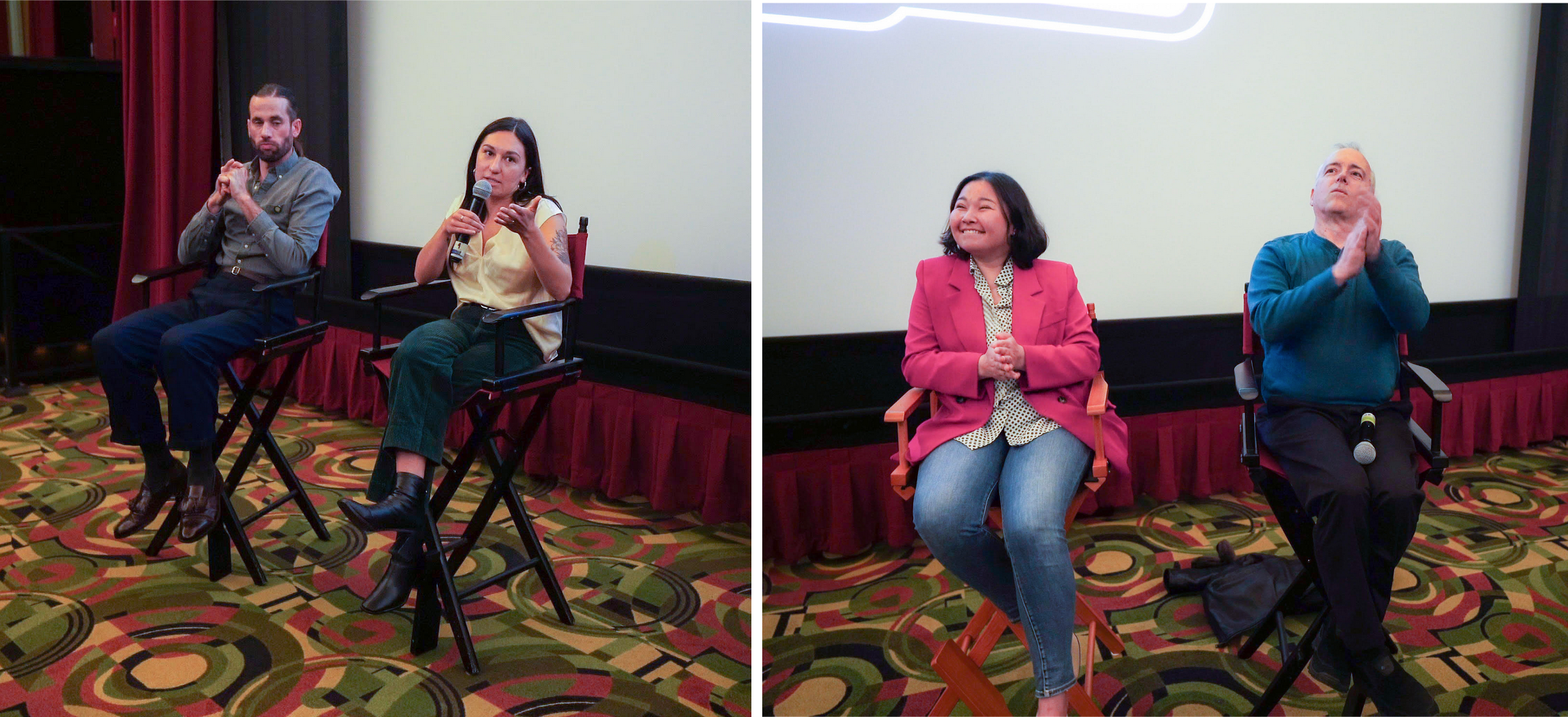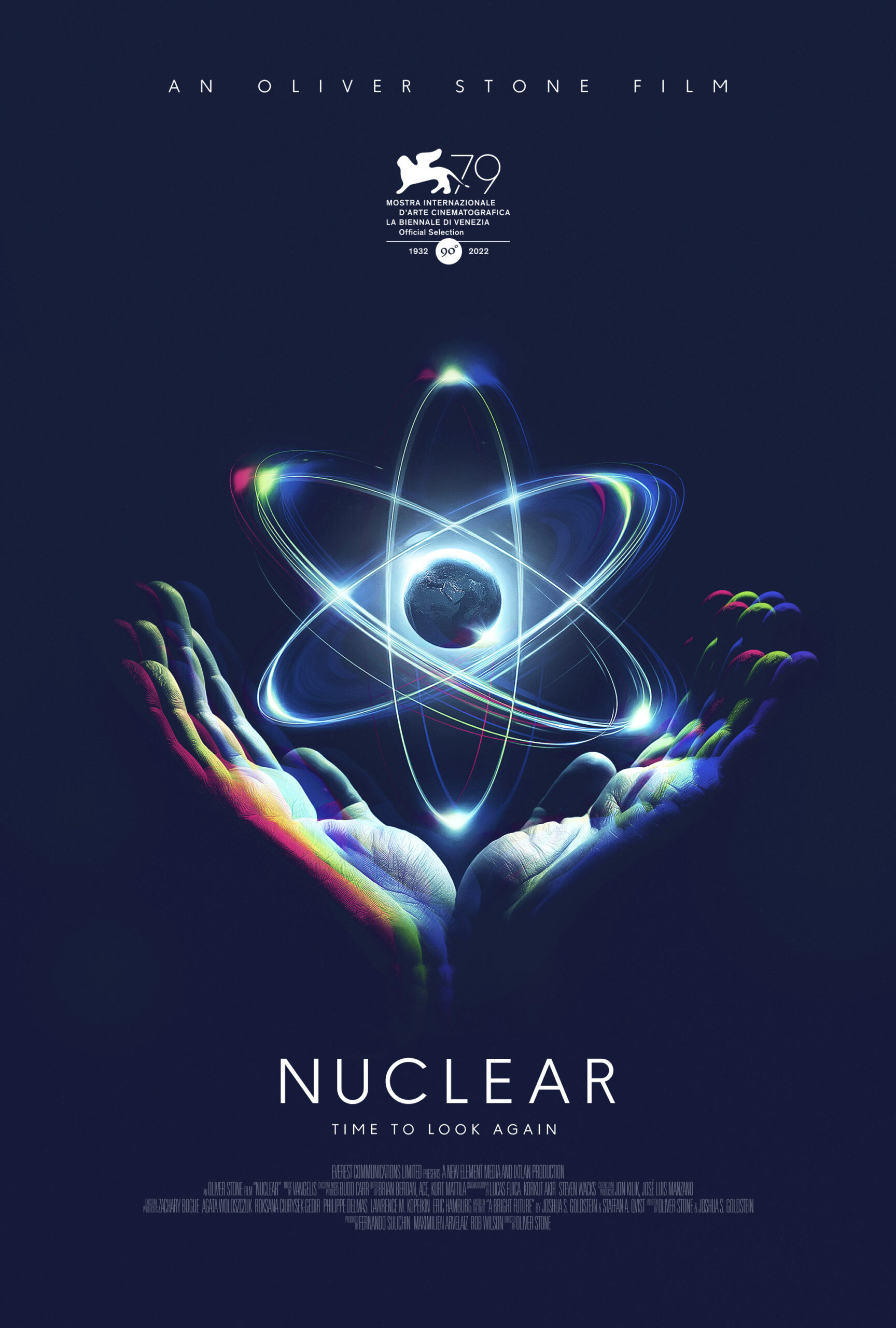Close

Another audience member noted that the movie was silent on the 60% positive public sentiment about nuclear. She asked the advocates how they expect the oil and gas industry to push back against nuclear’s surge in popularity. Pickering said, “I know a lot of people who work in fossil fuels that would like to switch to nuclear because they know we're running out of affordable fossil fuels. As public sentiment rises, we should hold oil companies accountable because they have the profits to build [nuclear] very rapidly.”
Advocates added that gas is currently the main competitor to nuclear, and it’s being marketed as a transitional fuel, making it difficult to get rid of because it is less expensive and easier to license and build. Hopf is hopeful on one hand that the oil and gas industry is getting into hydrogen and biofuels. On the other hand, he believes the industry is promoting intermittent sources like renewables because they can advocate for gas as a backup. “Will climate change convince them to move on? Or will they try to find ways to politically or message-wise stay in the game? I’ve heard some people in oil and gas express interest in investing in nuclear,” he said. When asked what the advocates would add to or challenge about the movie, all the nuclear advocates agreed that we need all nuclear power, including preserving the existing fleet and building small modular reactors (SMRs) that are inherently safe and can be built in factory settings in large volumes so the cost comes down. Said Hopf, “There is no lack of excellence in nuclear technology. It's already probably the safest way to generate electricity. It’s already carbon-free. It's all about excessive regulations, and false perceptions.”
One audience member asked what needs to happen in the next 30 years to reach the massive energy throughput needed. “The Federal Government is calling for 200 gigawatts, so that would be 200 big ones [nuclear plants] or 600 small ones,” he said. “The only way we're going to do it though is if we give courage to our elected officials by speaking up because when we speak up and say we want this it gives them a social license.” The advocates agreed, saying the good news is, that’s happening now, fueled by the fact that Russia and China are far ahead of the United States in nuclear. They have acquired all the manufacturing capacity and skilled professionals they need, while the U.S. focuses on internal struggles.
The discussion then turned to opposition from leading environmental groups and celebrities. Pickering is optimistic because he recently changed his mind. “Until recently I was radically anti-nuclear,” he said.
Nunez-Mujica closed by saying, “The good thing about nuclear is that each individual plant delivers so much power that just getting one built makes a huge difference. Everyone here in this room, just changing the policy, you can make a huge difference. So, be that person.”
